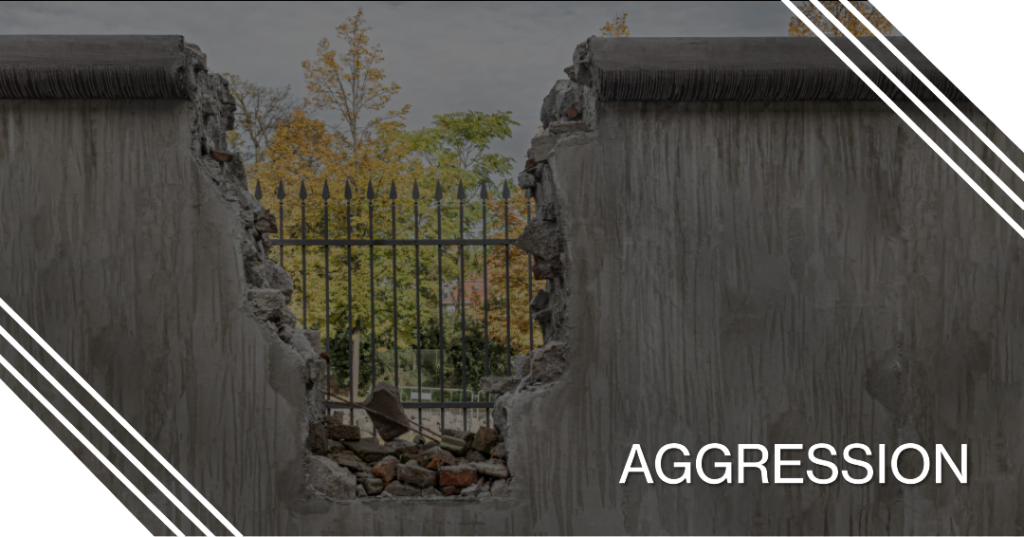Nation State
Max Weber’s famous and widely accepted definition of the modern state characterises it as “a human community which [successfully] claims the monopoly of the legitimate use of physical force within a given territory”. While monopoly over physical force has been generally seen as his definitive contribution to conceiving the state, Weber himself qualified this by stating that states usually resort to non-coercive means in order to secure legitimacy and order within a given territory.
In this regard, Weber emphasises the role of a hierarchical, differentiated and well-functioning bureaucracy as playing a crucial role in securing both the unity and legitimacy of state functioning. Neo-Weberian Pierre Bourdieu takes forward Weber’s physical force-centered definition of the state and adds that the state “successfully claims the monopoly of the legitimate use of physical and symbolic violence over a definite territory and over the totality of the corresponding population”. In The German Ideology, Karl Marx locates the sociological origins
of the state in the development of private property and especially, the division between manual and mental labour. While the general basis of the state is in class division, Marx also locates the specificity of the capitalist state in capitalism’s characteristic division between politics and economics, whereby the state is formally distinct from society, and relatively autonomous from the sphere of the economy and civil
society. As such, the modern state cannot be understood through ahistorical definitions or simply a focus on the use of violence (central though that is).
In fact, modern states must be understood in their specific and dynamic interaction with the spheres of the economy and civil society under capitalism. The “nation” itself is a highly-contested concept in sociology, with a range of perspectives adopted to define “nations” and “nationalism(s)” by “primordialists”, “instrumentalists”, “modernists”, and “constructivists”. In a highly schematic manner, a “nation” may be defined as a human community based on common ascriptive (such as language, “ethnicity” etc.) and/or ideational markers, often inhabiting a geographically contiguous territory.
Moreover, while nations often coincide with state territorial boundaries, this does not necessarily have to be the case. Where neither “language”, “ethnicity” nor any other ascriptiveideational marker (such as “religion”) is naturally given or historically constant, all definitions of nationhood must focus on the active and practical aspect of the category of the “nation”. In keeping with our historically-specific and dynamic conception of the state, “nations” and “nationalism” must also be seen not as primordial or historically “constant” communities but as actively constructed and “claimed”.
In this regard, the construction of “nations” and “nationalism” cannot be deciphered according to some universal formula but is a response to both macro-/structural pressures (such as the global economic structure, war etc.) and the internal cohesionconflict of communities which are always in the making. Such a framework leads us to focus on the processual dynamics of nationalism and the active element in the making of nations by specific social groups.
